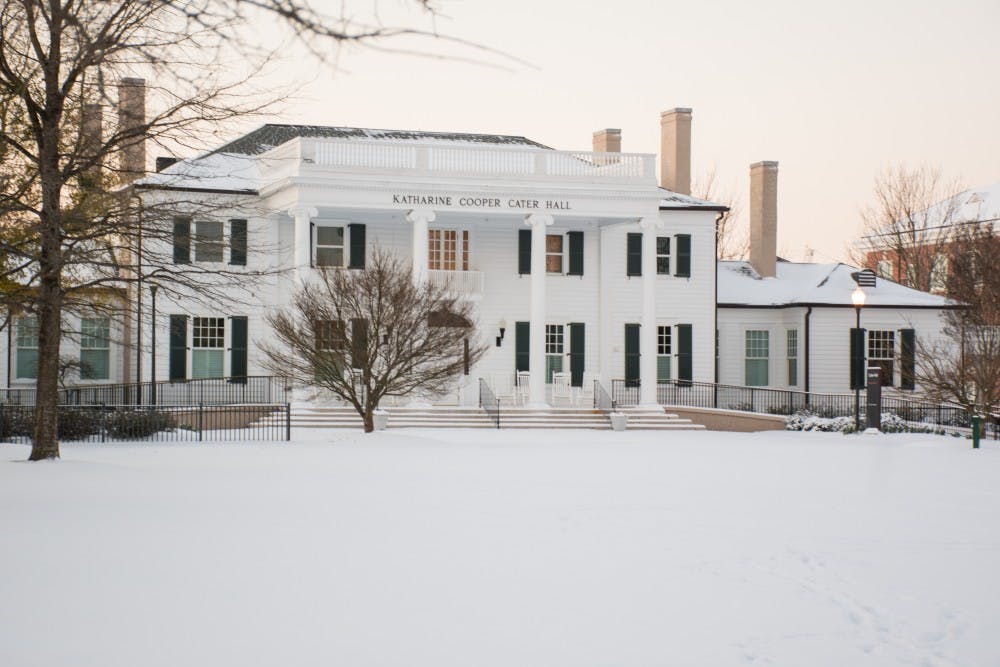The Honors College now offers two new graduation distinctions — Honors Research Scholar and University Honors Research Scholar.
To earn these distinctions, students must participate in a structured curriculum that focuses on research.
“We did think it was important, especially early on, for students to understand research broadly-conceived before they start drilling down into their specific disciplines,” said Tiffany Sippial, director of the Honors College and associate professor of history.
Honors Research Scholars must complete a minimum of 24 hours of Honors College courses by the time they graduate.
University Honors Research Scholars must complete a minimum of 30 hours.
Students are also required to maintain a 3.2 and 3.4 cumulative GPA, respectively.
As a Carnegie R1 university, Sippial said it is critical to expand the scope of the Honors College to attract students who are highly sought-after to Auburn.
“I think the appeal of this is in terms of thinking about not only the students who are already here, but the students that we hope to recruit in the future,” she said. “I think that showing them we take research seriously here, and we have this curriculum in place, will help elevate [the Honors College].”
Sippial said one student currently in the Honors College has switched to the new curriculum to continue her research efforts.
According to Sippial, the student was selected for a research team under a faculty member who is looking at sex trafficking.
“She was one of the ones who switched, and she said, ‘I’m already doing this, so I want to switch into the designation and be able to tell the story in a more intentionally packaged kind of way.’”
Sippial added that she hopes this curriculum will attract not only more students, but new faculty as well.
“I think it will elevate who we can recruit faculty-wise,” she said. “We have some fantastic faculty. So many already contribute to our program, but my hope is we get the attention of some new ones. They’ll say, ‘Okay, hold on a minute. I’d love to be working with undergraduates who are serious about research.’”
Although Auburn is a large university, she said the Honors College, which has about 2,000 students, provides a more one-on-one experience.
“[The Honors College is] all the great things about our research university but with the feel of a small liberal arts school,” Sippial said. “And a lot of students want that. They think they want small liberal arts until they come to the Honors College and they’re like, ‘Wait a minute. I almost don’t have to choose.’”
Sippial said enrollment in the Honors College increased 17% this year, something she said she attributes to the growing opportunities offered by the college.
“We’re growing. But I think that’s because what we are able to offer is appealing and increasingly so as the university gets bigger and bigger. Having the access to this kind of honors experience I think is really important,” she said.
Other changes include the Honors College’s value statement, which ties in with the college’s mission to engage, explore, elevate and experience.
“It’s been a really dynamic year,” Sippial said. “We have those touchstones for all of us to return to, to say, ‘What do we value? What are we doing?’… just having a clearer sense of where we’re headed, what we want our students to accomplish and what the value of the honors educational experiences for our students [is].”
Do you like this story? The Plainsman doesn't accept money from tuition or student fees, and we don't charge a subscription fee. But you can donate to support The Plainsman.





